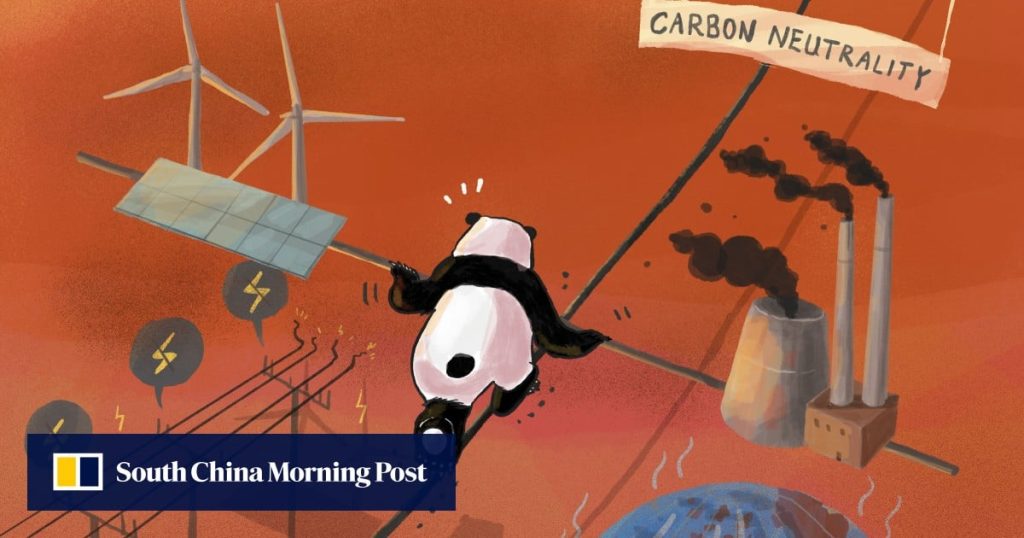Over the Hexi Corridor, a ribbon of fertile land on the edge of the Gobi Desert blessed by the Yellow River in western China, a gleaming forest of wind turbines and solar farms stretches to the horizon.
This is Gansu, China’s renewables frontier, a major source of wind and solar energy. And yet, just beyond the dunes, another giant stirs.
At the Changle Power Plant, turbines roar to life as another 1-gigawatt coal unit comes online – six reactors now pulsing with the energy that could meet the needs of a small nation.
This two-pronged strategy positions coal-fired thermal power as a safety net and grid stabiliser for intermittent renewable sources, which could protect the country against power supply crises like the one it faced in 2021.
Changle, the largest coal-fired plant in Gansu, announced in October that two more 1-gigawatt coal-fired units had successfully come into commercial operation, bringing the facility’s total capacity to 6GW.
Similar examples can be found elsewhere in China, even as the country aims to meet its twin goals of reaching peak carbon emissions by 2030 and achieving carbon neutrality by 2060.


